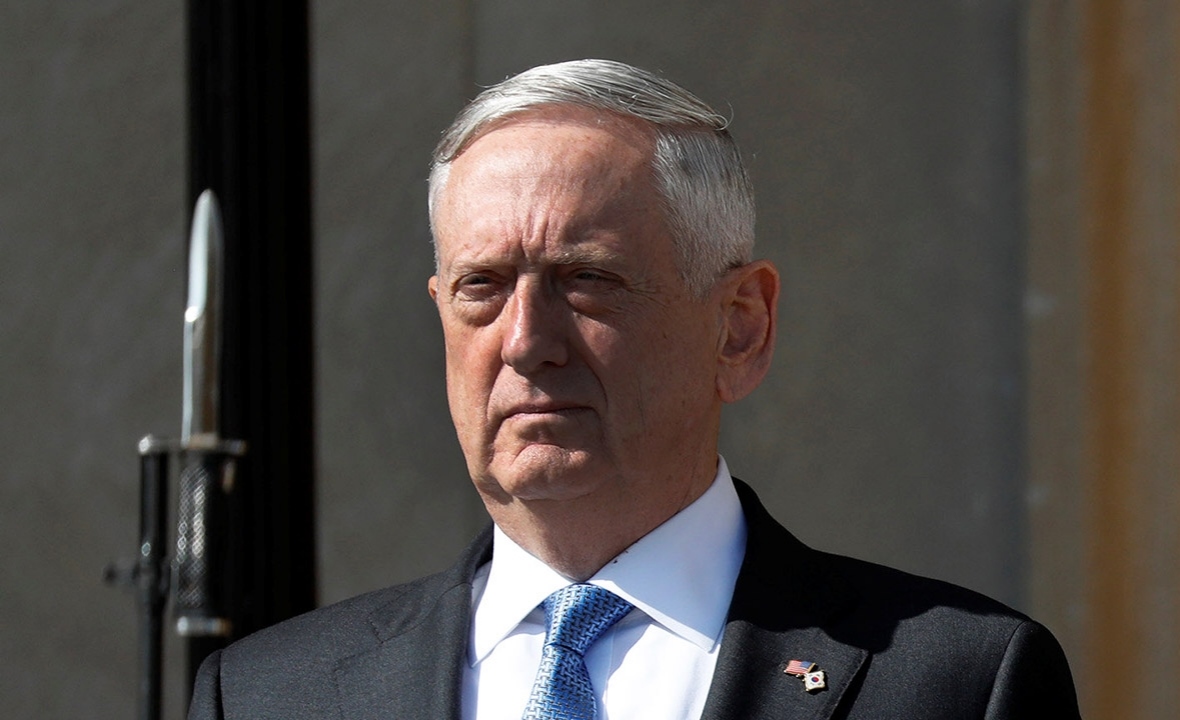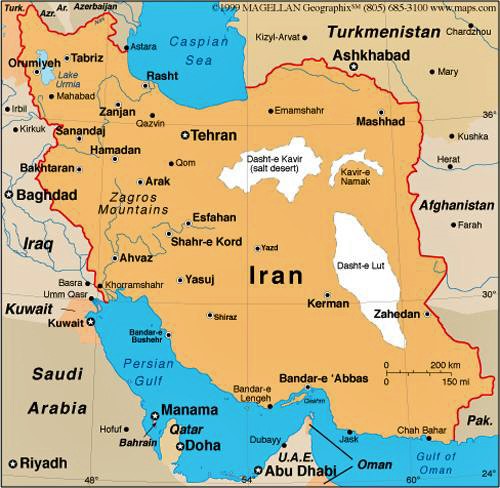Mattis in favor of Iran deal
October 4, 2017 | Expert Insights

US Defense Secretary James Mattis has told US Senators that it was in the nation’s best interests to remain a party in the Iran nuclear deal.
Background
Iran’s current nuclear program involves several research sites, two uranium mines, a research reactor, and uranium processing facilities. The country ratified the Non-Proliferation Treaty in 1970. Thus, its nuclear program has to be subject to International Atomic Energy Agency (IAEA) verification.
In the 2000s, reports began emerging on Iran running a uranium enrichment program in secret. An investigation by the IAEA revealed that Iran had not declared a number of its nuclear activities to the group. Thus, the nation was subjected to multiple harsh sanctions from the international community. This has cost the nation billions of dollars (estimated $100 billion in oil revenues alone till 2015). It has also lost out on foreign direct investment.
On 2 April 2015, the P5+1 and Iran reached a provisional agreement that sought to lift most of the sanctions in exchange for limits on Iran's nuclear programs extending for at least ten years. When the International Atomic Energy Agency (IAEA) certified that Iran had restricted its sensitive nuclear activities, the UN sanctions were lifted on January 16, 2016.
United States and Iran do not have any formal diplomatic relations or ties. The two nations share an acrimonious relationship. In 2002, US President, George W Bush, referred to Iran as being part of the “axis of evil.”

Analysis
Despite the fact the IAEA has stated that Iran is following the rules of the deal, US President Donald Trump has often been critical of the nuclear deal and often spoken about withdrawing. Despite US’ resistance, the nuclear deal has been backed by European nations. European Union Foreign Policy Chief Federica Mogherini said that the deal wasn’t just an agreement between US and Iran and hence other nations will make sure it is upheld. Additionally, French President Macron has also spoken in favor of the deal.
However, reports have emerged that the Trump administration plans on withdrawing from the agreement. US President would have to report to Congress on October 15th,2017, on whether Iran is abiding by the terms of the agreement. However, for the first time, a top official from within administration has announced that the nation should continue the agreement. US Defense Secretary James Mattis told US Senators that it was in US’ best interests to not dissolve the agreement. He said, “The point I would make is that if we can confirm that Iran is living by the agreement, if we can determine that this is in our best interest, then clearly we should stay with it. I believe, at this point in time, absent indications to the contrary, it is something that the president should consider staying with.”
Mattis was speaking at a Senate Armed Serviced Committee. General Joseph Dunford, chairman of the Joint Chiefs of Staff also spoke at the hearing. He said, “Iran is not in material breach of the agreement and I do believe the agreement to date has delayed the development of a nuclear capability by Iran.” He however added that a global response was necessary regarding Tehran’s actions noting, “The amount of misconduct internationally, whether it be with ballistic missiles, rhetoric, support to terrorists, threats to our friends, Arab and Israel, in the region by Iran are areas where they are open to a great deal, I think, of censure by the international community — and we are not naive on their agreement about the nuclear issue and we’re being very alert to any cheating on that right now.”
Assessment
Our assessment is that Mattis is the first and most high-profile member of the Trump administration who has spoken in favor of the deal. It is possible as the October 15th deadline nears, the Trump administration may reconsider its current stance and will not withdraw given the pressure from the international community. We believe that Europeans are clear regarding the need to preserve the deal limiting Iran’s nuclear program. We believe that even if Trump decertifies the agreement, Congress could hold back on restoring the economic sanctions that the United States agreed to ease in exchange for Iran halting its nuclear weapons program. If the congress did not act, the deal will be preserved. However, it is conceivable that the US government may attempt to impose sanctions in Iran for its ballistic missile activities.
Read more:








Comments